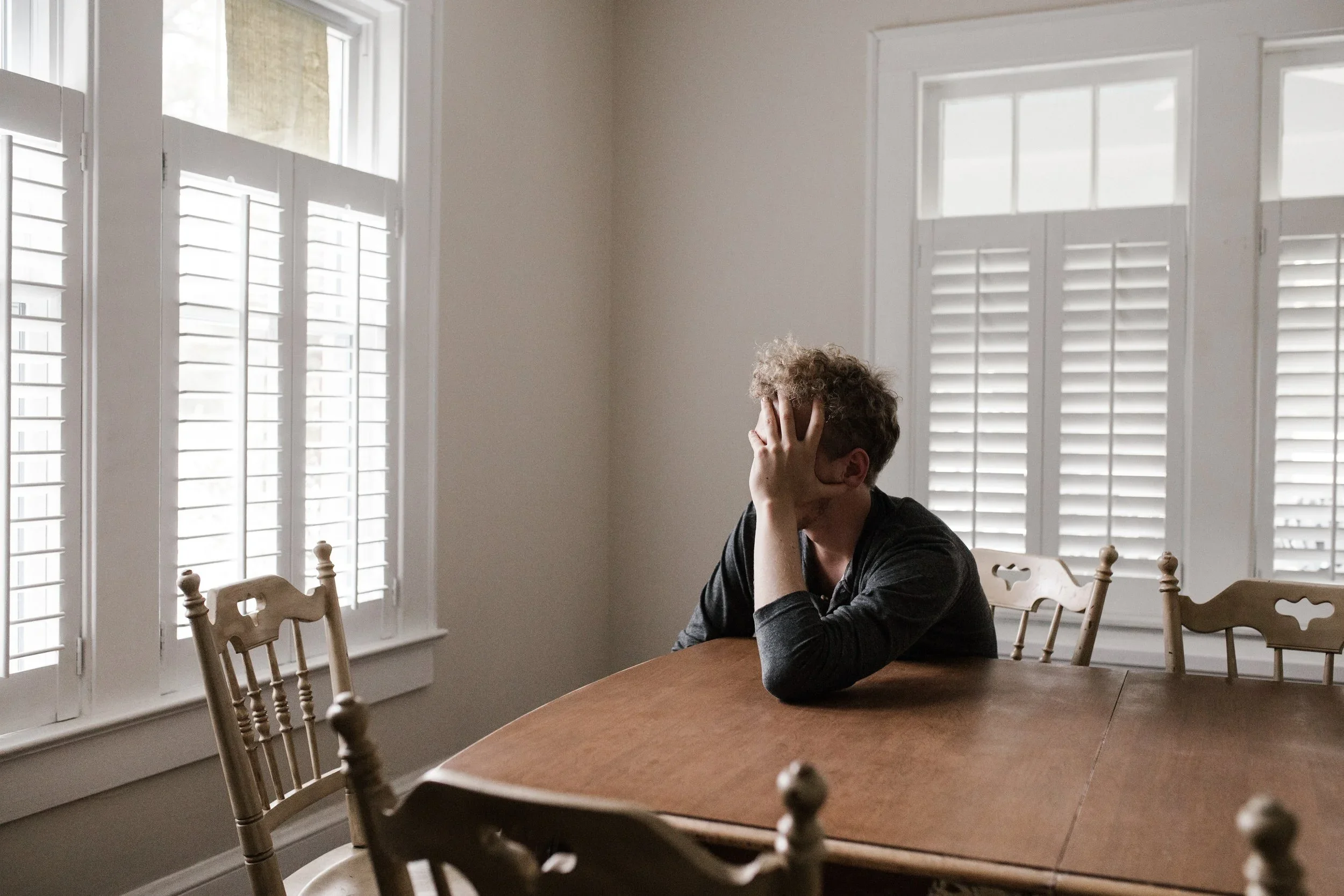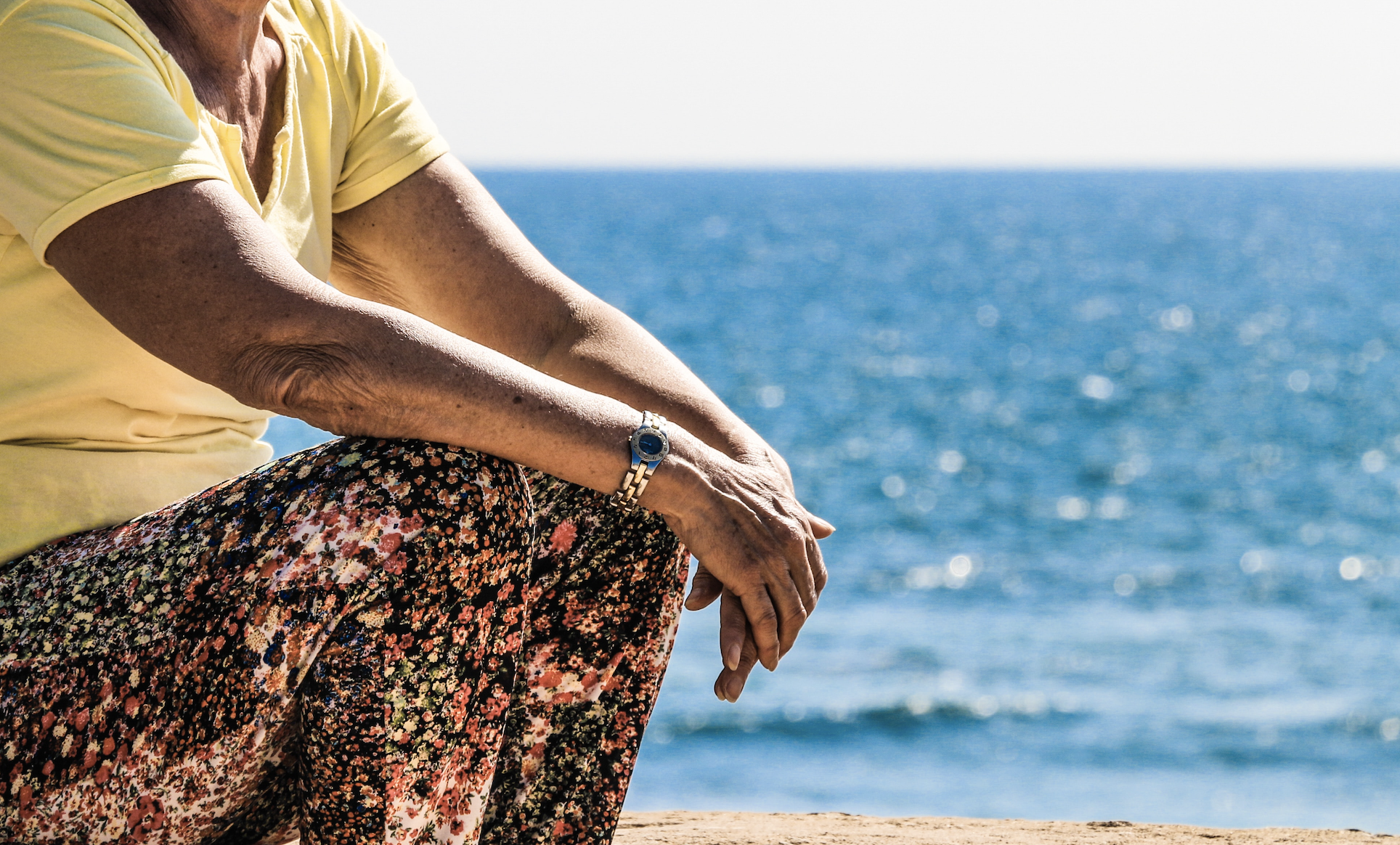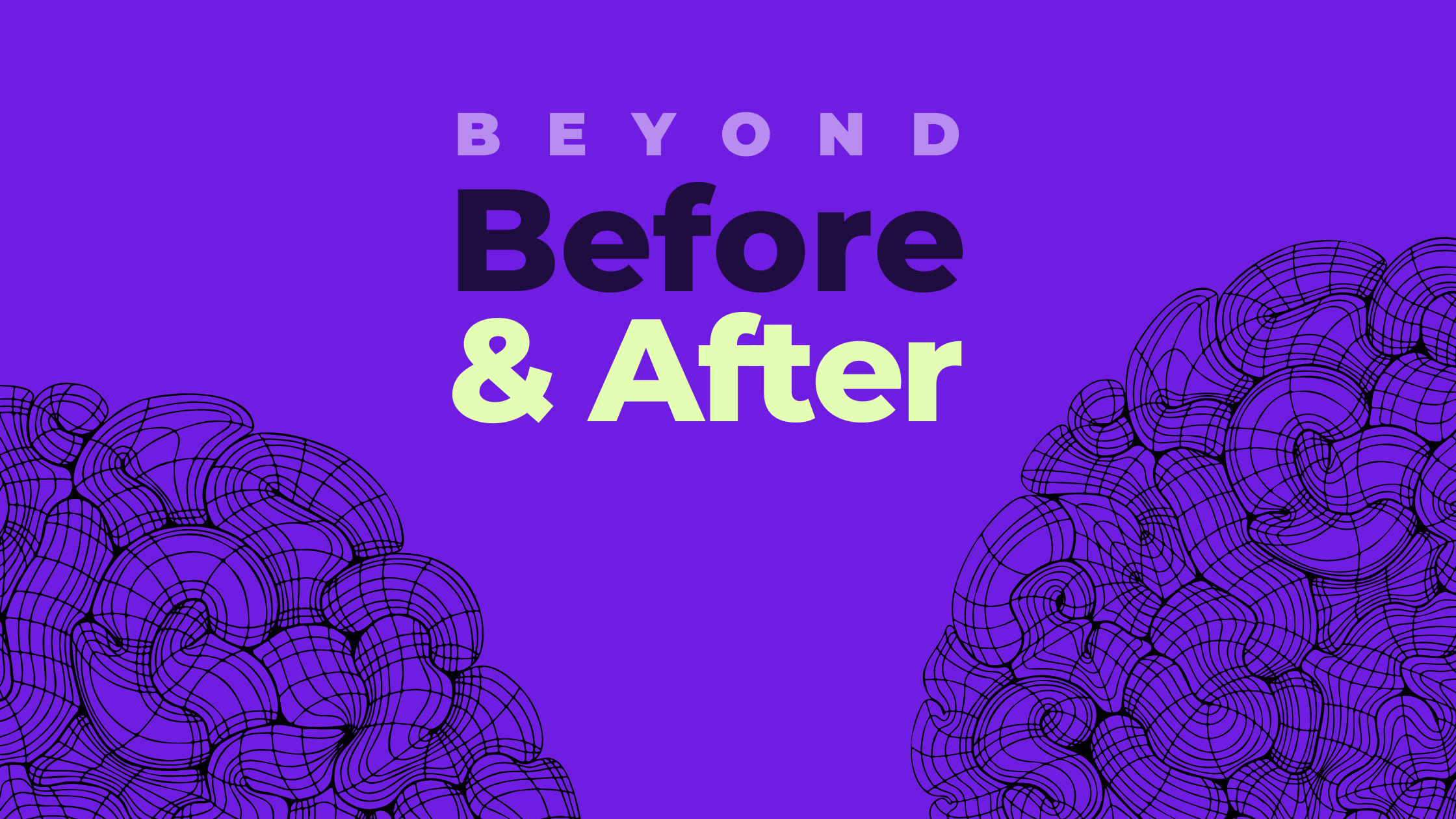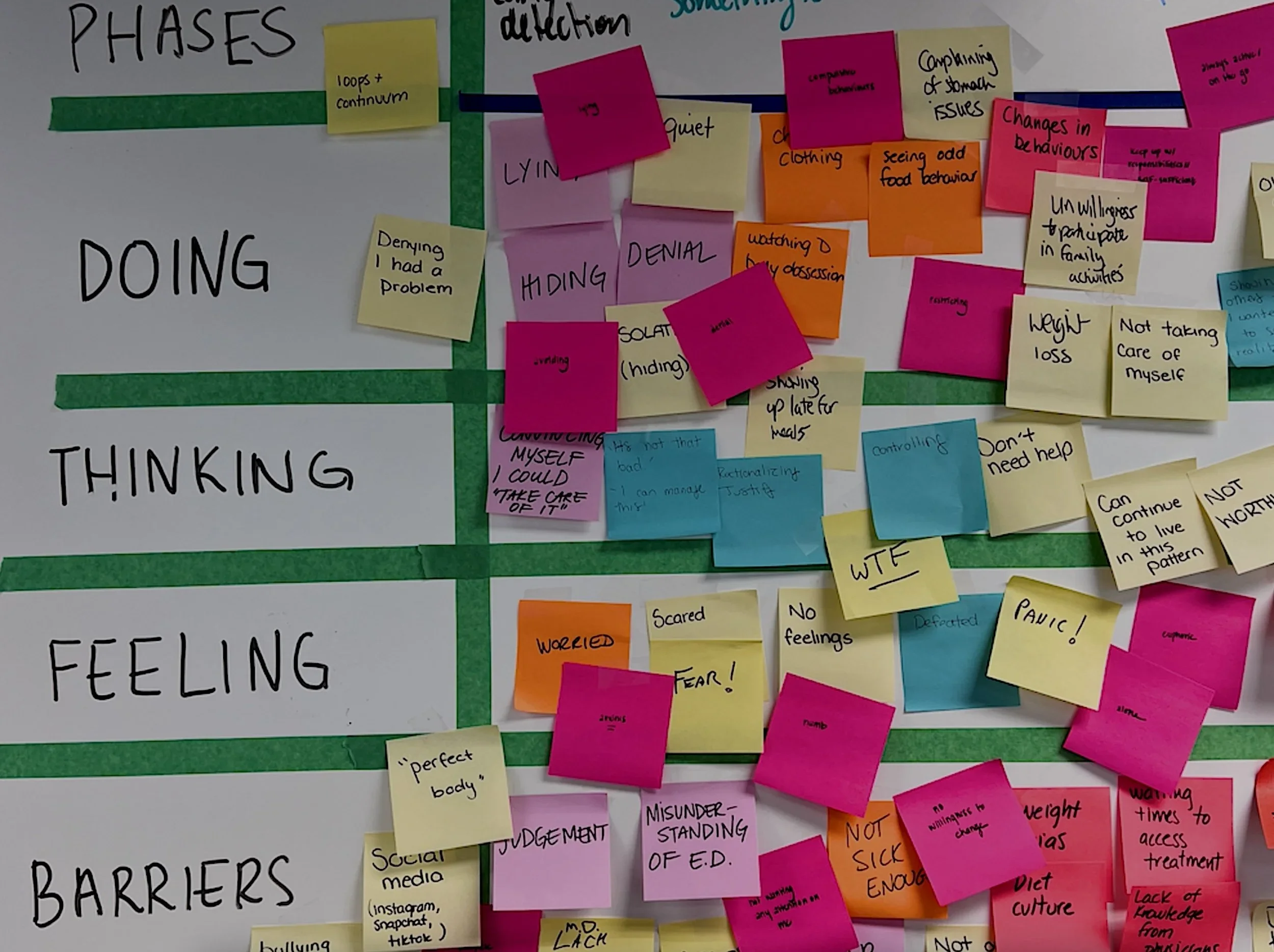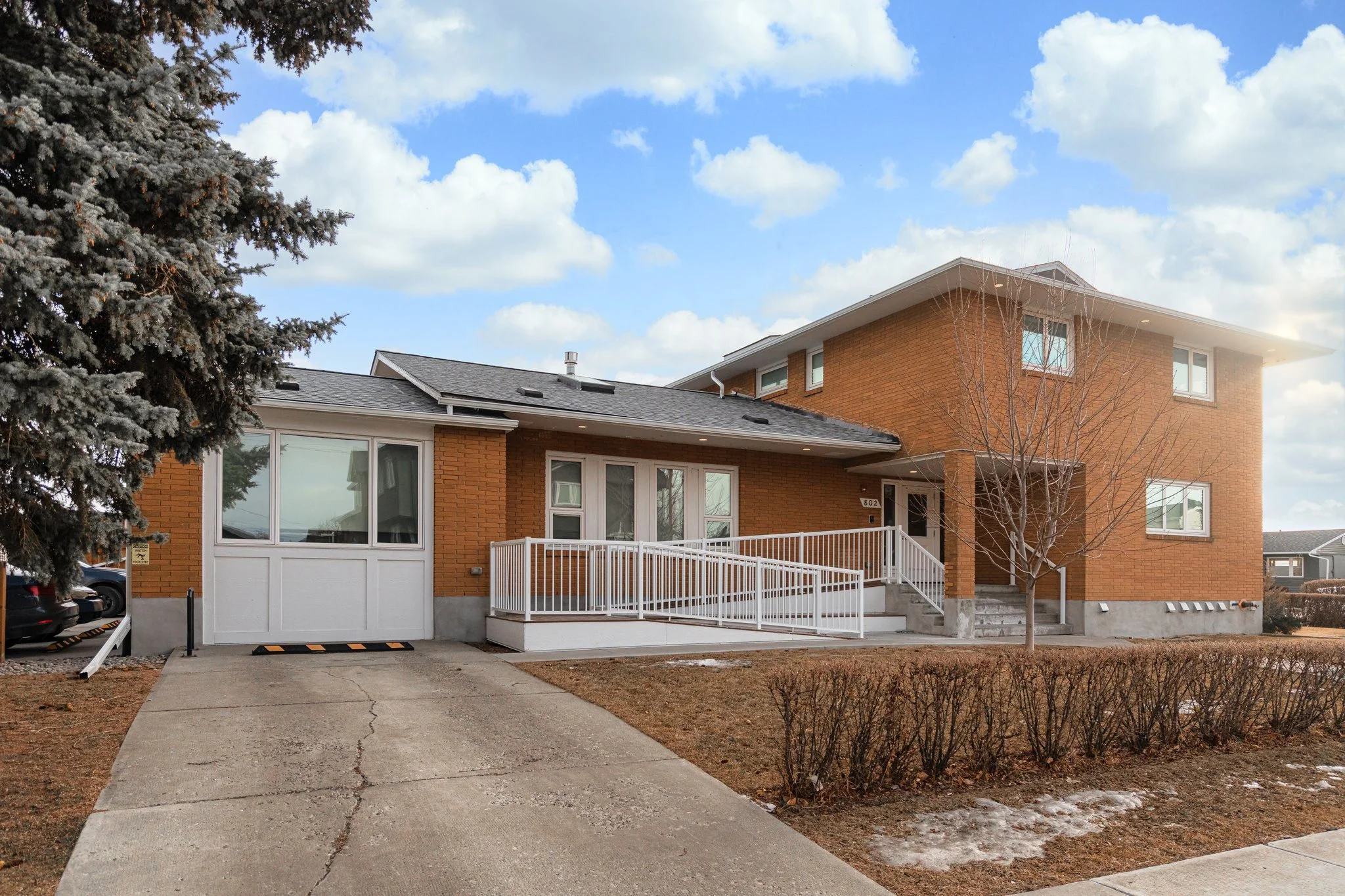Community Blog
Find hope, inspiration and encouragement with our community blog. Our content is curated by real people with lived eating disorder experience.
Need One-on-one Recovery Guidance?
EATING DISORDER RECOVERY SUPPORT
We know that navigating eating disorder (ED) recovery options can be overwhelming. Our Recovery Navigator has in-depth knowledge of the wide array of public and private recovery options in the province.






